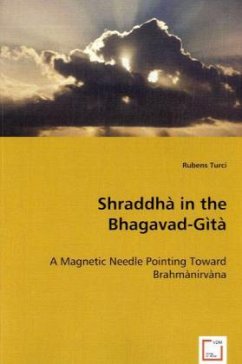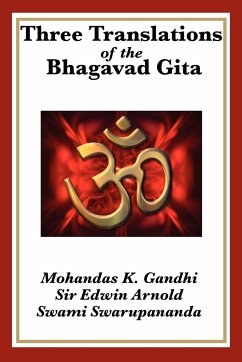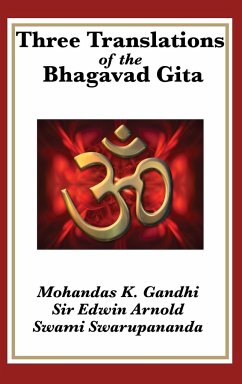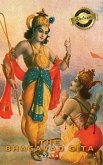The issue of Arjuna\'s transformation in the Gìtà has recently attracted some scholarly comment, but most scholars do not discuss the role of shraddhà (zeal, soul force, enthusiasm) in this transformation.This work is a theological effort to answer what the role of shraddhà is in Arjuna\'s final acceptance of war as the necessary solution to his moral dilemma. It shows that shraddhà differs from bhakti, and becomes the immediate cause that moves Arjuna to fight. When the Gìtà starts, Arjuna is a devotee (bhakta) without shraddhà, and, when the Gìtà ends, Arjuna is a devotee with shraddhà. That is to say, one can be dejected and still be a devotee. However, one cannot be depressed and full of shraddhà at the same time. This distinction between shraddhà and bhakti represents the first part of the argument. The second part is the sense conveyed by translating shraddhà as \"zeal, religious fervour, soul force, or enthusiasm.\" It is argued that the standard translation as \"faith\" hinders the effort to construct a comprehensive theology of Arjuna\'s transformation.







